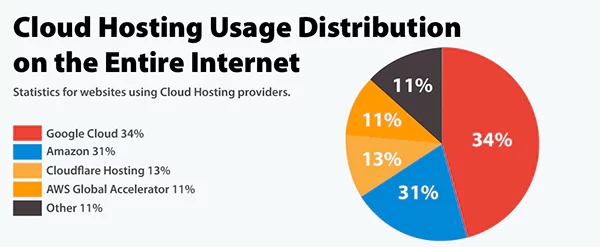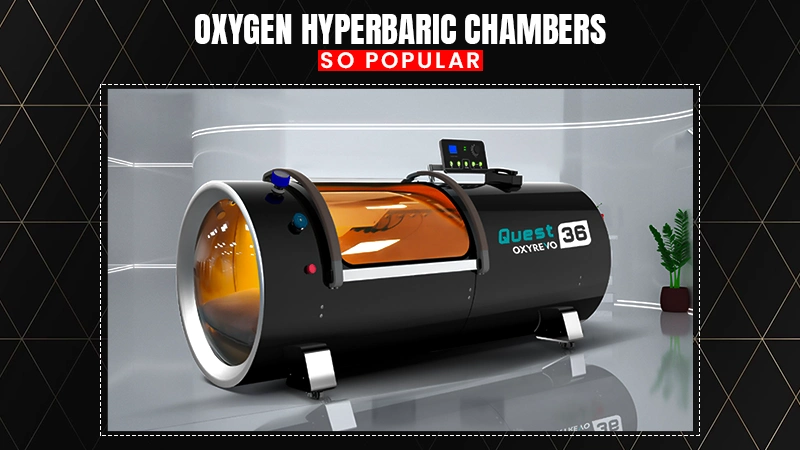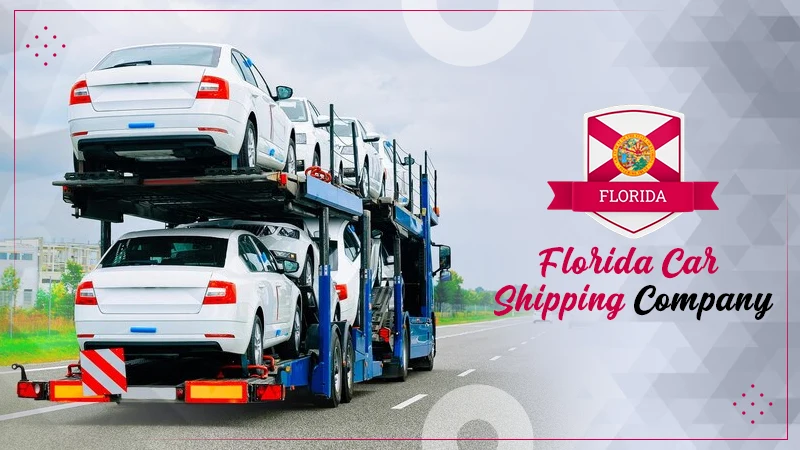The Top Certifications and Courses to Jumpstart Your DevOps Engineer Journey

DevOps are the professionals who merge the work of developers and operations teams and provide better, faster, and more efficient results. Though you’ll find several related certifications and courses in the market, it depends on your choice of what you opt for.
The need for qualified development and operations techie has increased dramatically. Companies seek experts to synchronize development and operations, restructure workflows, and improve software delivery pipelines. If you’re wondering How to Become a DevOps Engineer, the answer lies in acquiring the right skills and knowledge through DevOps Training.
In this blog, we’ll look at some of the best credentials and training programs that may get you started on the road to mastering development and operations engineering.
AWS Certified DevOps Engineer
To start with, Amazon has its subsidiary Amazon Web Services that provides the AWS-authorized DevOps Engineer certification. They focus on deploying, managing, and operating scalable and highly available systems on this platform.
This recognition verifies your proficiency with its CloudFormation, AWS Elastic Beanstalk, and AWS Lambda-based technologies for managing containerized apps, establishing CI/CD pipelines, and automating infrastructure. Due to the increasing use of it, businesses wishing to hire qualified techies highly appreciate this admittance.
Certified Kubernetes Administrator (CKA)
Second, in the queue, CKA has become the de facto standard for container orchestration. The Cloud Native Computing Foundation (CNCF) offers the Certified Kubernetes Administrator recognition, which confirms your mastery of designing, installing, and administering Kubernetes clusters.
A CKA certification demonstrates your proficiency in working with contemporary containerized apps and orchestration technologies because Kubernetes is a pivotal tool for software professionals.

(This chart shows the cloud hosting usage distribution on the entire internet by %).
Google Cloud Professional DevOps Engineer
Another great option for seekers who prefer Google’s methodologies and tools, Google Cloud Professional DevOps Engineer admittance is good for those interested in Google Cloud. Your knowledge in developing, implementing, and managing these practices on the Google Cloud Platform (GCP) is evaluated by this certification.
It covers subjects including configuration management, infrastructure as code, and CI/CD pipelines. By achieving this recognition, you can use Google Cloud services to improve development and operations workflows.
Certified Jenkins Engineer
An essential component of the DevOps toolbox is Jenkins, an open-source automation server. Professionals who know Jenkins and its features may consider earning the authorized Jenkins techie credential.
This certification assesses your proficiency in managing their setups, designing and implementing CI/CD pipelines, and using their plugins to automate activities. The designation accredited their tech-savvy attests to your proficiency with continuous integration and delivery techniques.
Docker Certified Associate
For building, deploying, and managing containers, Docker is a top platform to opt for. Containerization is considered a key DevOps concept and the Docker-authorized Associate admittance assesses your ability to create, oversee, and resolve issues with containerized applications using Docker.
It talks about the fundamentals of containers, Docker architecture, and container orchestration. This recognition shows you have a solid understanding of containerization concepts and useful deployment abilities.
Udacity DevOps Nanodegree
To get an immersive learning environment for students seeking a thorough educational experience, Udacity DevOps Nanodegree is a great opportunity. Version control, CI/CD pipelines, infrastructure as code, cloud services, and containerization are just a few of the related subjects covered in this program.
The program gives you the knowledge and abilities necessary to succeed as a software tech-savvy through practical projects and real-world settings.
Conclusion
Choosing the certifications depends on your career objectives, interests, and your educational know-how. A key step to becoming a skilled DevOps engineer is choosing the appropriate training course. Earning the right recognition will not only provide a good job but also help build expertise, and enhance your career.
With so many alternatives, it’s basic to consider your current skill level, preferred learning method, and professional aspirations. A strong foundation of abilities and knowledge is necessary to start a software techie career.
A vital element in this process is Training, and recognition is necessary for convincing potential employers of your skills. The certificates and courses described above represent only a small portion of the alternatives.
You’ll be well-equipped to bridge the gap between development and operations, reduce procedures, and boost productivity in modern software delivery pipelines by earning the appropriate qualifications and learning the required tools.









